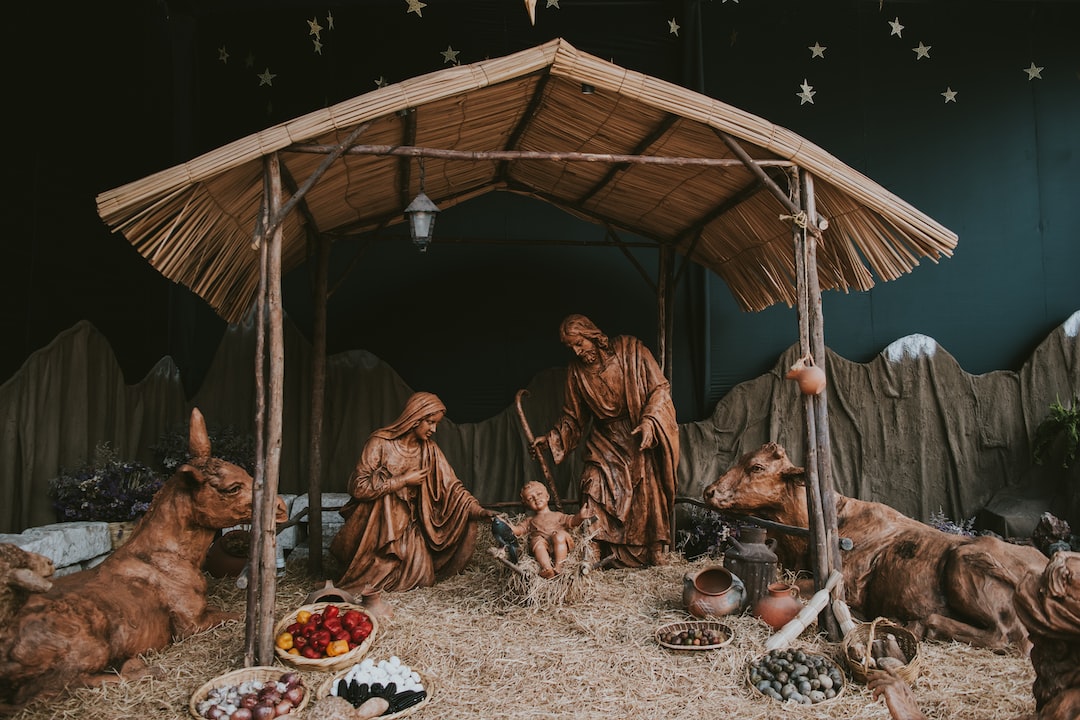The Evolution of Religious Beliefs: From Polytheism to Monotheism
Religious beliefs have existed since the dawn of civilization, shaping societies and influencing individuals throughout history. As societies developed and evolved, so did their understanding and perception of deities. This progression led to a shift from the worship of multiple gods, known as polytheism, to the belief in a single all-powerful god, known as monotheism. Understanding the evolution of religious beliefs offers insights into the cultural, social, and psychological changes that have occurred across different civilizations.
Polytheism, characterized by the worship of multiple gods, has been widespread among ancient civilizations. It emerged as a way to explain natural phenomena, such as the changing seasons, the creation of life, and the forces of nature. Polytheistic religions, such as Ancient Egyptian, Greek, and Norse, attributed specific gods to various aspects of life, creating a complex pantheon. Each god had their own domain and had the power to influence the world and human lives in different ways.
However, the shift from polytheism to monotheism occurred gradually, as societies went through socioeconomic and intellectual changes. Several factors played a role in this shift, such as the rise of powerful empires, the influence of philosophical ideas, and the consolidation of political and religious power.
The ancient Mesopotamian civilization, known for its complex polytheistic religious practices, saw the rise of monotheistic beliefs with the advent of Zoroastrianism. This religion introduced the idea of a single all-powerful god, Ahura Mazda, who represented goodness and fought against evil. Zoroastrianism had a significant impact on the development of monotheistic beliefs in the Persian Empire and later influenced the Abrahamic religions.
The most significant transition from polytheism to monotheism occurred within the Abrahamic religions – Judaism, Christianity, and Islam. The monotheistic beliefs of these religions stemmed from the teachings of the prophet Abraham. Judaism established the concept of Yahweh, the one true God, who made a covenant with the Israelites. Christianity evolved from Judaism and consolidated the belief in a single God, emphasizing the divinity of Jesus Christ. Islam, founded by the Prophet Muhammad, reinforced the concept of one God, Allah, and spread across the Arabian Peninsula and beyond.
The transition from polytheism to monotheism was not only a religious shift but also reflected changes in societal and philosophical thinking. With the rise of powerful empires, such as the Roman Empire, monotheism offered a sense of unity and stability. It served as a unifying force, helping to centralize political power and create a cohesive society under a single divine authority. Monotheism also provided a moral framework and universal values, providing a sense of purpose and guidance for followers adhering to a single god’s commandments.
Beyond political and societal factors, the evolution of religious beliefs from polytheism to monotheism can be attributed to the human need for understanding and meaning. Monotheism addresses fundamental questions about the existence of a higher power, the purpose of life, and the nature of morality. Believing in a single all-powerful god offers a sense of order and purpose, providing comfort and solace during challenging times.
While monotheism became dominant in many parts of the world, polytheism has not entirely disappeared. Some indigenous cultures and contemporary belief systems, such as Hinduism, continue to embrace polytheistic practices. The coexistence of monotheistic and polytheistic beliefs showcases the diversity and complexity of religious perspectives and the ongoing evolution of beliefs.
In conclusion, the evolution of religious beliefs from polytheism to monotheism reflects the socio-cultural, political, and philosophical changes that have shaped human history. The shift from multiple gods to a single all-powerful god offered a cohesive framework for societies, stability in times of uncertainty, and a moral compass for individuals. Understanding this evolutionary journey provides valuable insights into the complexities of human belief systems throughout the ages.

